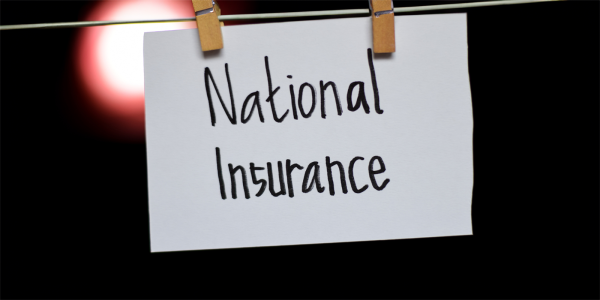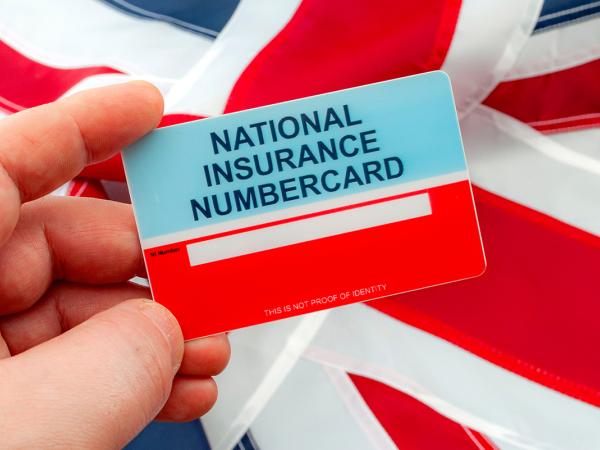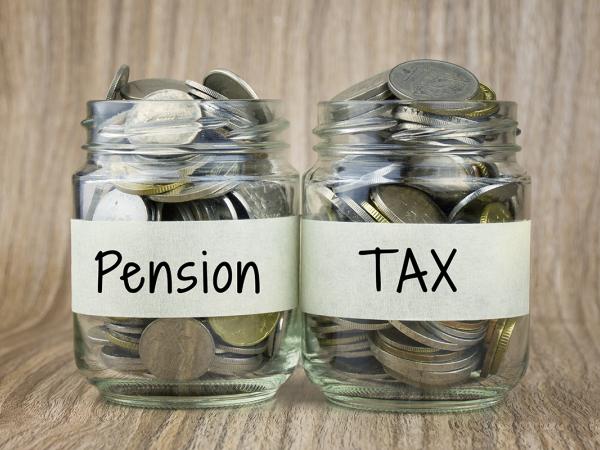National insurance after retirement
You pay National Insurance contributions (NIC) to build up your entitlement to certain state benefits, including the state pension. We look at what happens to your NIC payments once you reach state pension age.

Content on this page:
NIC once you reach state pension age
If you stop working when you reach state pension age, you will not have any earned income, and you will not have to pay NIC.
Class 1 NIC
If you are an employee, you normally pay class 1 NIC.
However, as soon as you reach state pension age, you stop paying class 1 NIC if you carry on working as an employee. You only have to pay class 1 NIC on any earnings that were due to be paid to you before you reached state pension age.
If you stay in employment after state pension age, you can show your employer proof of your age (birth certificate or passport) so that they stop taking NIC from your wages.
Your employer still has to pay class 1 employer NIC if you continue working as an employee beyond your state pension age. Although this amount may appear on your payslip, it should not be a deduction from your pay.
Class 2 NIC
As discussed on our page NIC for the self-employed class 2 NIC is no longer payable from the 2024/25 tax year onwards.
For tax years up until 5 April 2023, if you are self-employed you normally pay class 2 NIC. However, you will not owe class 2 NIC for weeks after having reached state pension age. You only have to pay class 2 NIC on any self-employed earnings that were due to be paid to you before you reached state pension age. Class 2 contributions are payable on a weekly basis and you do not need to pay them for the week (Sunday to Saturday) during which you attain state pension age.
If you reach state pension age on or after 6 April 2024 (when the rules changed), then no class 2 NIC is payable, regardless of the date that you reach state pension age.
Class 3 NIC
Class 3 NICs are voluntary contributions that you might pay to improve your state pension – for example, if you are not paying compulsory contributions through work, nor are you receiving National Insurance credits. You can read more about class 3 NIC in our page National Insurance and more about credits our pages National Insurance credits and Specified adult childcare credits.
Normally you have six years from the end of the relevant tax year in which to pay class 3 NIC although if you pay them more than two years after the end of the relevant tax year, you may have to pay them at a higher rate. However, if you are a man born after 5 April 1951 or a woman born after 5 April 1953, you have until 5 April 2025 to pay for gaps in contributions between April 2006 and April 2016.
You should look at the guidance on GOV.UK if you think either of these situations applies to you.
Class 4 NIC
If you are self-employed you might also pay class 4 NIC. Whether you have to pay class 4 NIC depends on your level of self-employment profits.
Class 4 NIC are an annual charge. This means you might still have to pay them on any taxable profits for the whole tax year in which you reach state pension age. You will be exempt from payment of class 4 NIC from the beginning of the following tax year.
In other words, you stop paying class 4 NIC from the start of the tax year after the one in which you reach state pension age.
Overpaid NIC
You might find that you overpay NIC in certain circumstances, including if, in error, you continue to pay NIC once you have reached your state pension age. If you think this might apply to you look at our page National Insurance.



